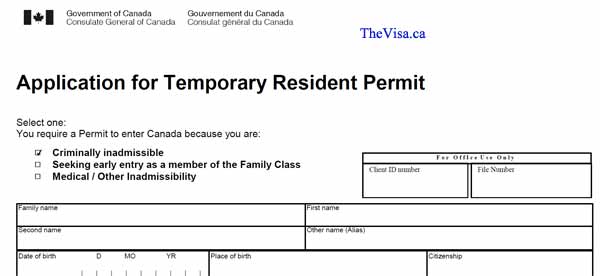Entering Canada with DWAI
A DWAI, or Driving While Ability Impaired, is often treated as a less severe charge in relation to a typical DUI. In the case of DWAI charges, the arresting officer may determine that an offender's ability to operate a motor vehicle has been impaired by alcohol consumption. Even if your blood alcohol content is below the usual legal limit, you could still be considered impaired.
Regardless of the less severe nature of this charge, a DWAI still qualifies as a criminal inadmissibility to Canada and can result in denial of entry at a border or port of entry. Like other impaired driving charges, a DWAI is treated as an indictable offense under Canada's Criminal Code. By applying for either a Temporary Resident Permit (TRP) or Criminal Rehabilitation, you can overcome your criminal inadmissibility and enter Canada. Keep in mind that applying for Criminal Rehabilitation takes a while (up to 1 year or more in some cases) but will permanently remove your restrictions when traveling to Canada. If you are planning on traveling soon, applying for a TRP will allow you to enter Canada multiple times for up to 3 years. However, each time you enter you will have to provide your TRP to the officer and also have a valid reason for coming to Canada.
Contact our team of experienced Canadian immigration lawyers and consultants today to explore your options for entering Canada with a DWAI.
Getting a DWAI in Colorado
Colorado uses blood alcohol concentration (BAC) levels of .05% to .08% to determine if an impaired driver gets a DWAI charge. If the impaired driver's BAC level is .08% or higher, he or she will receive the more common DUI (Driving Under the Influence ) charge. If convicted of a DWAI and there is no indication of drug use, your driver's license will usually not be revoked. However, a 2nd DWAI offense could result in up to 180 days of jail time.
Getting a DWAI in New York
Like Colorado, New York uses blood alcohol concentration (BAC) to determine what type of charge an intoxicated driver will receive. For example, if you are tested at .08% BAC or higher, then you will be charged with DWI (Driving While Intoxicated). If the arresting officer believes you are impaired but you are tested from .05% to .08% BAC, then you will be charged with DWAI.
A 1st offence DWAI conviction is treated as a non-criminal traffic infraction and a typical penalty includes a 90 day license suspension as well as fines from $500 to $2000. Despite being classified as a traffic infraction in New York state, a DWAI is still treated as an indictable offense under Canadian Law.
Even though a DWAI is considered to be a "lesser" charge, you could be denied entry to Canada. Just a DWAI arrest on record can create problems at the border or port of entry, let alone a conviction.
If you are planning to travel to Canada with a DWAI, contact us today for a consultation. Our team of experts (Lawyers and consultants) can help determine the best steps to take in overcoming your inadmissibility.

